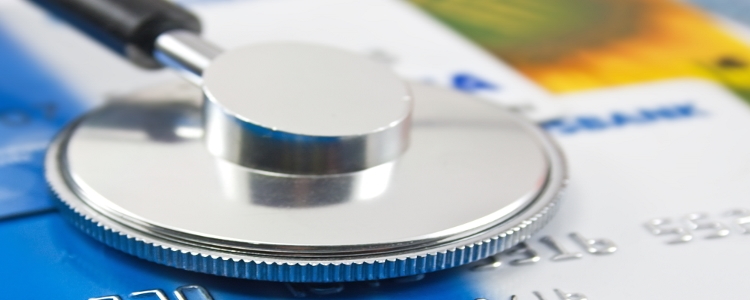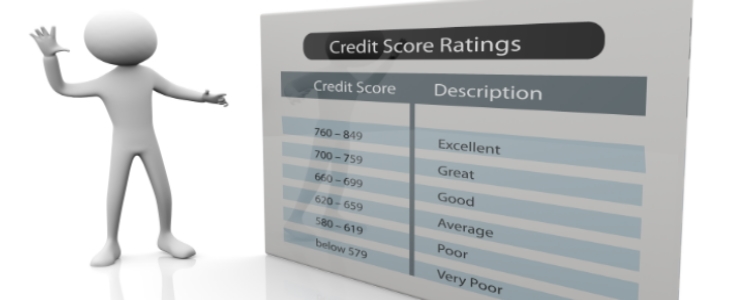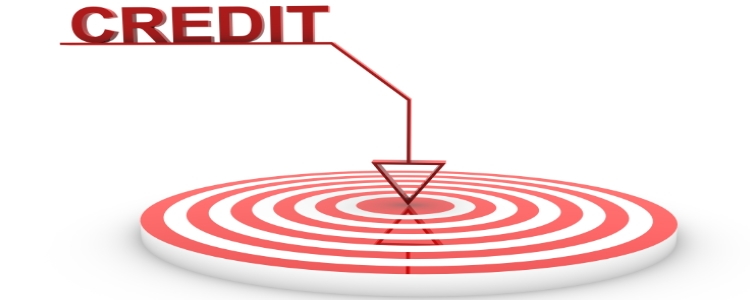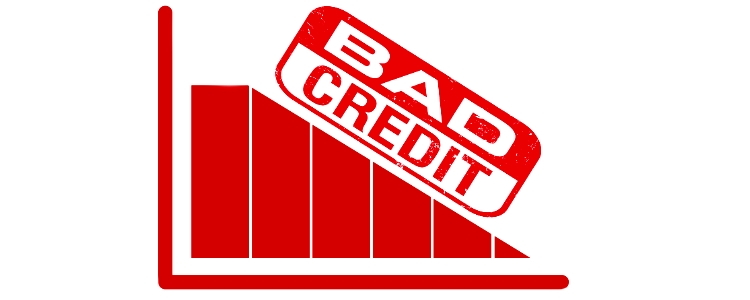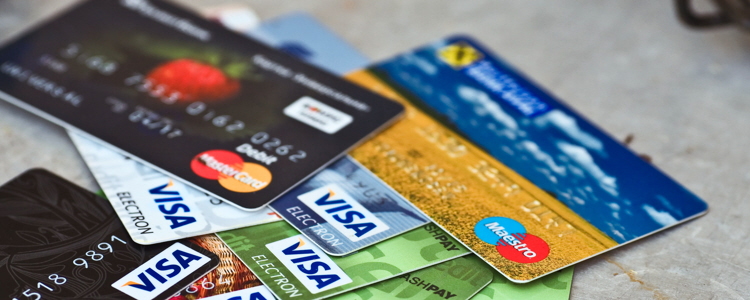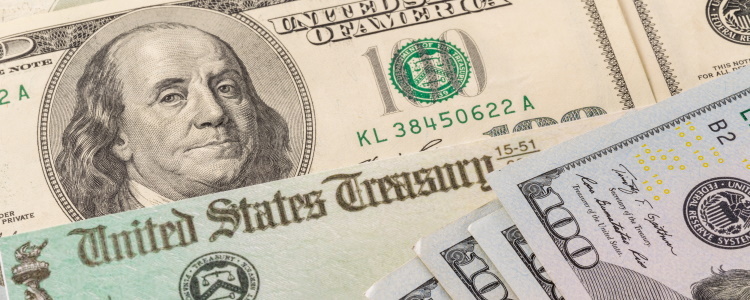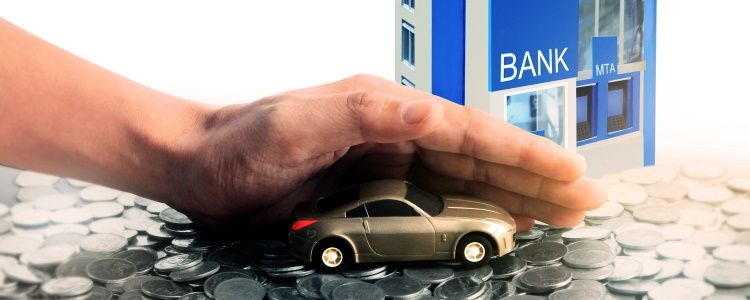Your credit plays a big role in your life. The state of it can affect much more than your ability to get approved for a loan or credit card. But even if you are dealing with bad credit, it's never too late to change it for the better.
The Role Credit Plays in Your Life

Your credit follows you throughout this crazy journey we call life, for better or for worse. Understanding the role credit plays will help you see just how important it can be.
You probably already know that lenders will check your credit when you apply for a loan or credit card. But did you know that several other institutions may use it when making decisions about you? For example:
- Landlords may run your credit when you apply for a place to rent. If they don't like what they see, you may be asked to pay a larger security deposit or get a cosigner. Or worse, they could turn down your application altogether.
- Insurance providers may look at your credit when determining what you'll pay for coverage in most states. Unfortunately, people with poor credit are often required to pay higher premiums. This is because some studies have shown that people with bad credit are more likely to file claims.
- Utility companies can also check your credit before deciding to do business with you. Even cell phone providers can do a credit check before signing a contract with you. Bad credit can lead to less favorable terms and conditions in these scenarios.
- Potential employers, with written permission, can scope out your credit situation. In their eyes, they'll likely view bad credit as a sign of irresponsibility, which may hurt your prospects as a candidate.
The negative consequences of damaged credit don’t stop there. Having bad credit makes it more difficult to get approved for loans, mortgages, credit cards, as well. Plus, even if you are approved, it will likely mean a higher than average interest rate.
Your Credit Score
If you want to change your credit for the better, it starts with knowing the factors that make up your credit score. Your credit score is a number that represents your creditworthiness at that moment in time. It is calculated using information on your credit reports.
The FICO score is the most popular credit score. It is likely the one that lenders are going to use when evaluating you as an applicant. These are the factors that go into your FICO score, and each is weighted based on importance:
- Payment History: 35%
- Amounts Owed: 30%
- Length of Credit History: 15%
- Types of Credit Accounts or Your Credit Mix: 10%
- New Credit, or Recent Credit Activity: 10%
Improving your habits in these areas is the best way to get your credit back on track.
A Credit Repair Plan
As you can see above, two factors make up 65% of your FICO score. These are the two areas where you can make the most impact when trying to improve your credit. So, focus on:
- Making All of Your Payments on Time
Never missing a payment, whether it be for your credit card or your cable bill, is the most important thing you can do for your credit. Late payments are reported to the credit bureaus typically after you're 30 days late and will cause your score to drop. This information can remain on your credit report for up to 7 years. So, start by getting current on any past due accounts. Then, map out your bill due dates and make sure you never miss a payment again. - Practicing Healthy Credit Card Use
The second largest factor that determines your credit score is "amounts owed." This mostly concerns the balances you carry on your credit cards, and it's called your "credit utilization ratio." Stated as a percentage, it is the amount you owe on your credit cards divided by your credit limits. If what you owe is more than 30% of your limits, then you are hurting your credit score. So, work on paying down balances below that 30% mark. Better yet, work toward eliminating credit card balances altogether.
Building Credit
With time and dedication, practicing those two habits can help your score improve. While the other credit scoring factors have less of an impact on your credit, there are still things you can do to repair your credit, such as: checking your credit reports for errors that you can dispute and have removed, keeping old accounts open, never applying for too much credit at one time, and practicing responsible credit use with your accounts.
And if you need a car, an auto loan can be a great credit builder. A car loan adds an installment loan to your credit mix, and gives you another account to make timely payments on.
Even if you have bad credit, Drivers Lane can help you find auto financing. Then you can get the vehicle you need and a chance to improve your credit. Get started by filling out our free and easy car loan request today.

